Five essential herb extracts for your handcrafted soaps include lavender for calming properties, chamomile for anti-inflammatory benefits, calendula for healing, peppermint for invigoration, and rose for luxury and hydration. You'll find these extracts offer both therapeutic and sensory benefits, from soothing sensitive skin to adding natural fragrance and color. Each extract brings unique qualities that transform basic soap into personalized skincare experiences. Discover how these botanical powerhouses can elevate your next soap-making project.
Lavender Extract: The Versatile Staple for Calming Soaps
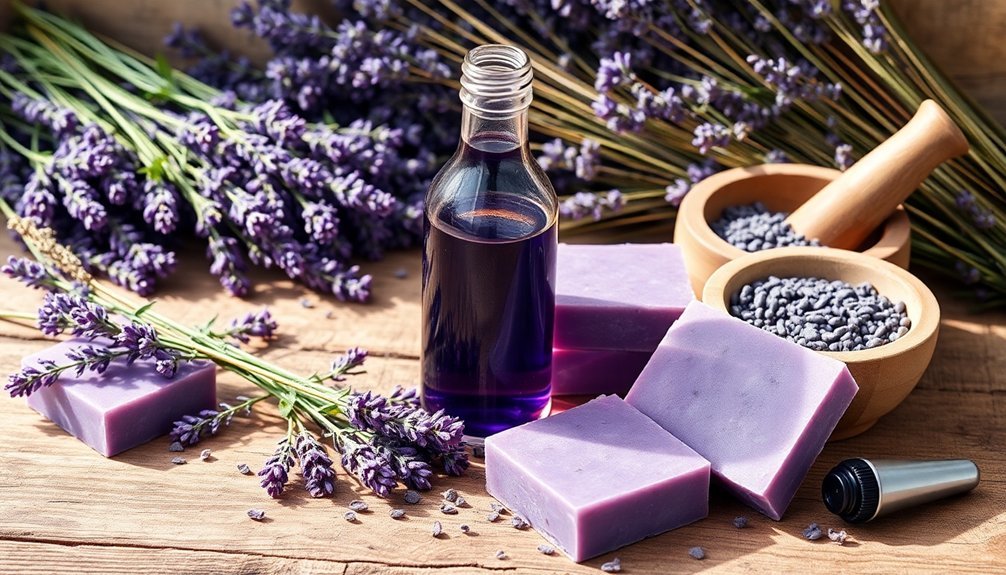
Serenity in a bottle, lavender extract stands as the cornerstone of therapeutic soap making. When you're crafting soothing soaps, this remarkable ingredient delivers both calming properties and antibacterial benefits that promote ideal skin health.
You'll find lavender extract pairs beautifully with other essential oils, enhancing your handcrafted soaps with layered fragrances and amplified therapeutic effects. Its stress-reducing qualities make it perfect for creating tranquil bathing experiences your customers will crave.
Beyond its aromatic appeal, lavender extract helps prevent the browning that often occurs when using actual lavender flowers in soap making. This preserves your soap's visual appeal while still delivering that distinctive purple-floral essence.
Whether you're a beginner or expert soap maker, lavender extract remains an indispensable addition to your formulation toolkit.
Chamomile Extract: Nature's Anti-Inflammatory for Sensitive Skin

A powerhouse of healing benefits, chamomile extract offers remarkable anti-inflammatory properties for those creating soaps for sensitive skin.
When you make a soap with this golden botanical, you're harnessing centuries of traditional wisdom in modern skincare.
The antioxidant-rich extract works wonders in soap recipes targeting redness and irritation, often outperforming other herbs and flowers for soothing sensitive skin.
You can infuse chamomile tea into your base oils or add chamomile essential oil at trace for enhanced natural fragrance.
Beyond its calming effects, chamomile's antibacterial qualities help address various skin conditions, including acne.
Your customers will appreciate how this gentle ingredient promotes healing while cleansing—making it particularly valuable for those seeking nature's solution to inflammatory skin concerns.
Calendula Extract: Golden Healing Properties for Nourishing Cleansers
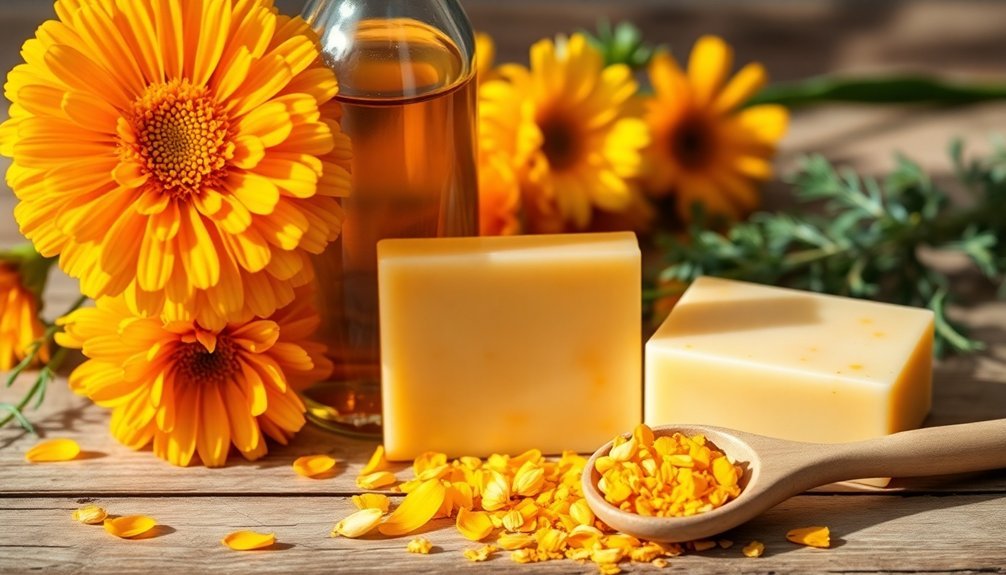
The golden petals of calendula offer soap makers a treasure trove of skin-nourishing benefits. When you incorporate calendula extract into your handcrafted soaps, you're adding powerful anti-inflammatory and skin-soothing properties that work wonders for all skin types.
This botanical powerhouse enhances both function and visual appeal, giving your creations a natural golden hue.
- Rich in antioxidants that protect and heal damaged skin
- Gentle enough for sensitive and delicate skin conditions
- Easily incorporated through infused oils during the soap-making process
- Provides natural coloring while delivering therapeutic benefits
Whether you choose to add calendula extract to your lye water or blend it into your oils, you'll create nourishing cleansers that calm irritation while delivering the natural healing properties this remarkable flower has to offer.
Peppermint Extract: Invigorating Benefits Beyond the Morning Shower
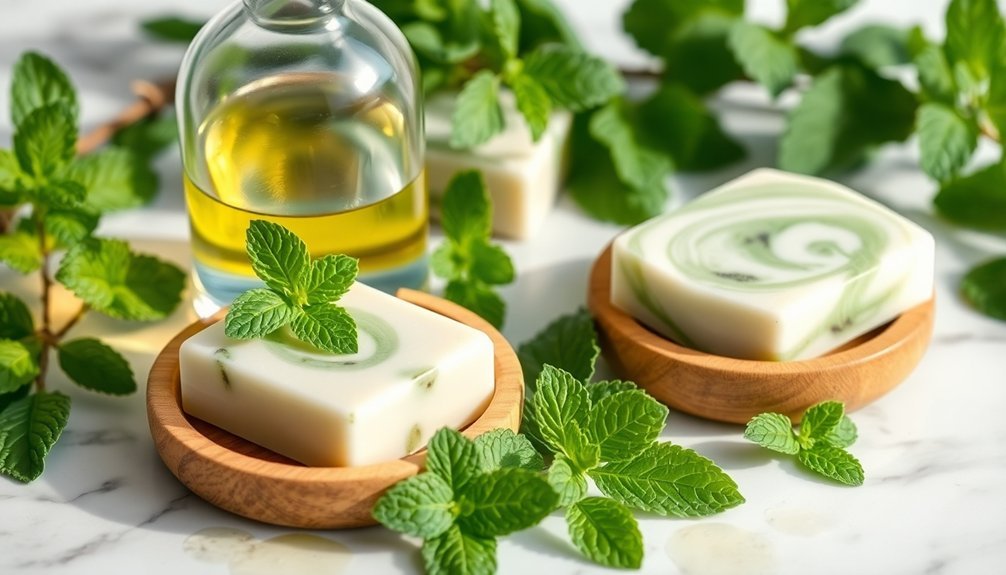
Invigorating both body and mind, peppermint extract transforms your soap-making endeavors into sensory experiences that extend far beyond the morning shower ritual.
When you incorporate this powerful herb into your handcrafted soaps, you're adding more than just an invigorating scent. The menthol in peppermint essential oil delivers a cooling sensation that soothes irritated skin while reducing inflammation.
Your soap recipe gains valuable antibacterial cleansing properties that help prevent acne and purify the skin naturally. What makes peppermint truly exceptional among essential oils is its ability to enhance circulation, promoting skin health and well-being.
You'll find your herbs work harder when choosing peppermint for soap making, as its fragrance lingers long after use, creating a complete sensory experience with tangible skin benefits.
Rose Extract: Luxury and Hydration in Every Bar
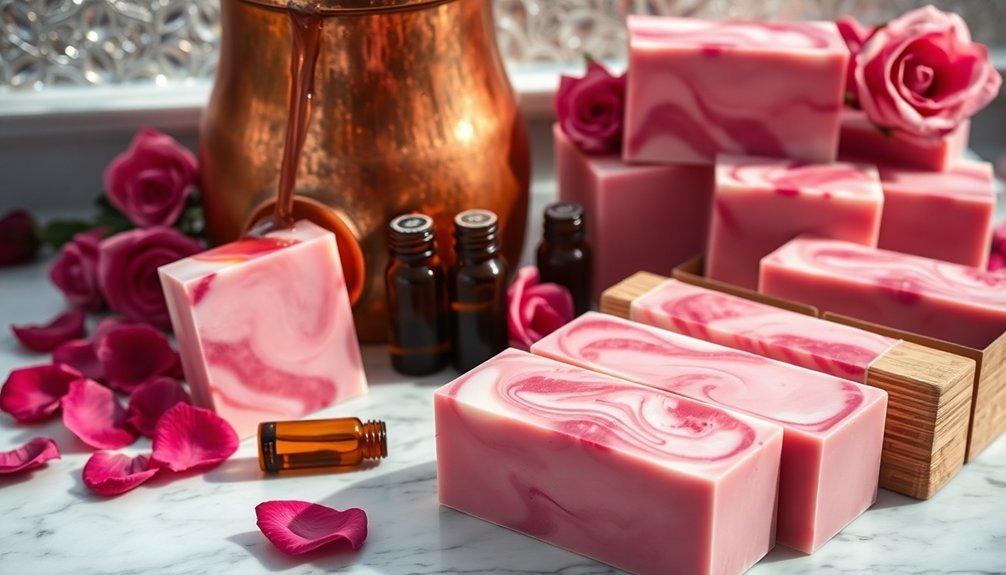
When crafting luxury soaps that enthrall the senses, rose extract stands as the quintessential herb for both indulgence and skin nourishment at an accessible $4.99 price point. Its skin-hydrating properties make it invaluable in handcrafted soaps where quality and efficacy matter.
- Rich antioxidants combat aging, promoting a youthful, radiant complexion
- Soothing anti-inflammatory effects benefit sensitive or irritated skin types
- Luxurious fragrance with a floral aroma that lingers delightfully on your skin
- Natural moisturizing properties maintain hydration, leaving skin soft and nourished
You'll notice the difference immediately when incorporating rose extract into your soap recipes.
Beyond its enthralling scent, this botanical powerhouse transforms ordinary bars into spa-worthy experiences that pamper your skin with every use.
Frequently Asked Questions
What Herbs Are Good for Homemade Soap?
You'll find chamomile, peppermint, lavender, calendula, and nettle excellent for homemade soap. They'll provide skin benefits like anti-inflammation, exfoliation, and acne treatment while adding pleasant aromas and visual appeal to your creations.
How to Make Handmade Herbal Soap?
You'll need to measure ingredients precisely, mix lye with water, blend with oils until trace forms, add your herbs or essential oils, pour into molds, and cure for 4-6 weeks before using.
What Essential Oils Should Not Be Used in Soap?
You shouldn't use cinnamon, clove, oregano (skin irritants), wintergreen, birch (toxic methyl salicylate), citrus oils (photosensitivity), eucalyptus, tea tree (allergens), pennyroyal, and sage (unsafe for skin absorption) in your soap formulations.
Can You Use Extracts in Soap Making?
Yes, you can use extracts in soap making. They'll add therapeutic benefits, pleasant scents, and visual appeal to your soaps. Just guarantee you're using them at the proper 1-5% rate of your total oil weight.
In Summary
Whether you're a beginner soap maker or seasoned artisan, these five herb extracts will transform your creations into therapeutic experiences. You'll notice the difference in both the quality of your soaps and your customers' satisfaction. Don't be afraid to experiment with combinations—lavender with rose or calendula with chamomile. Your handcrafted soaps aren't just cleansers; they're wellness products that nourish both skin and spirit.
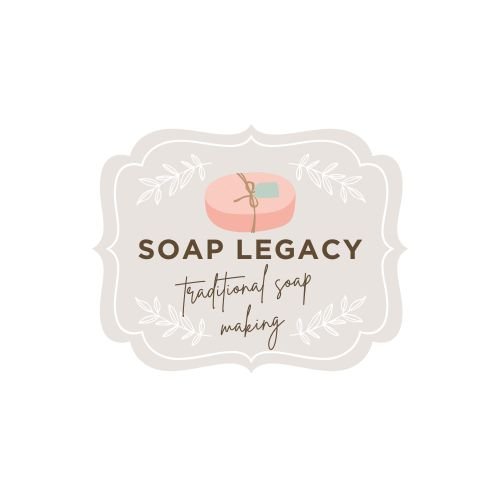

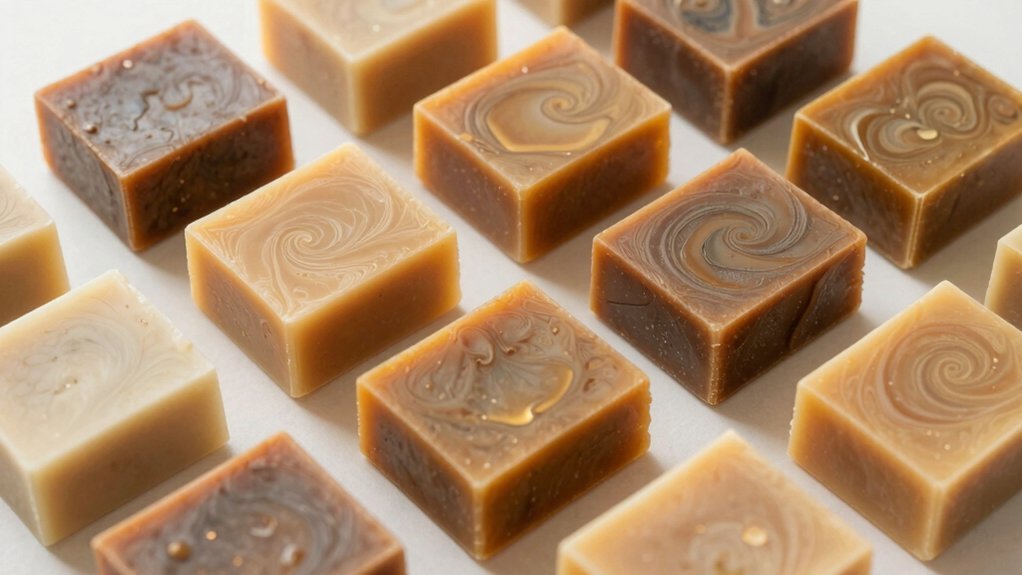
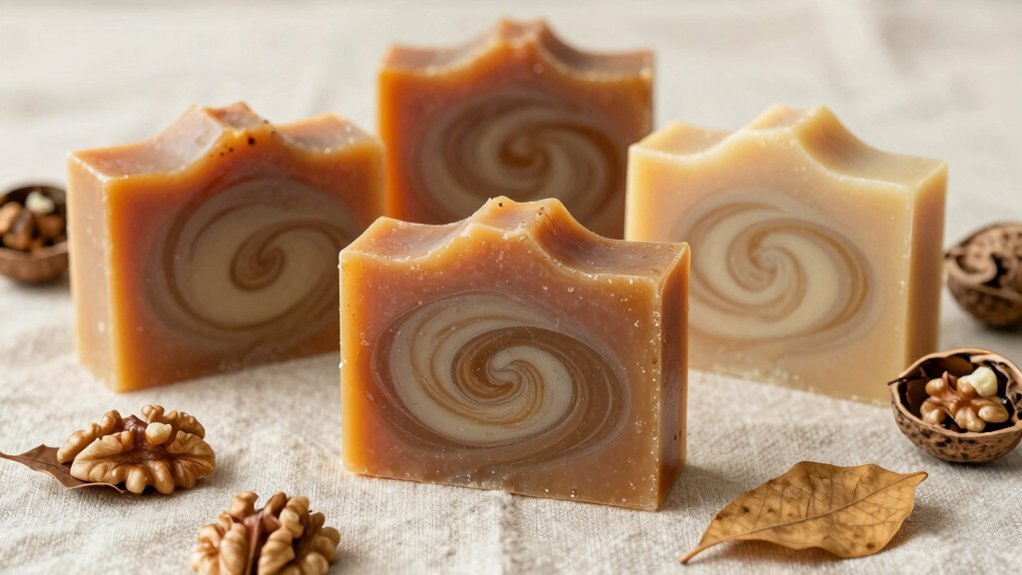
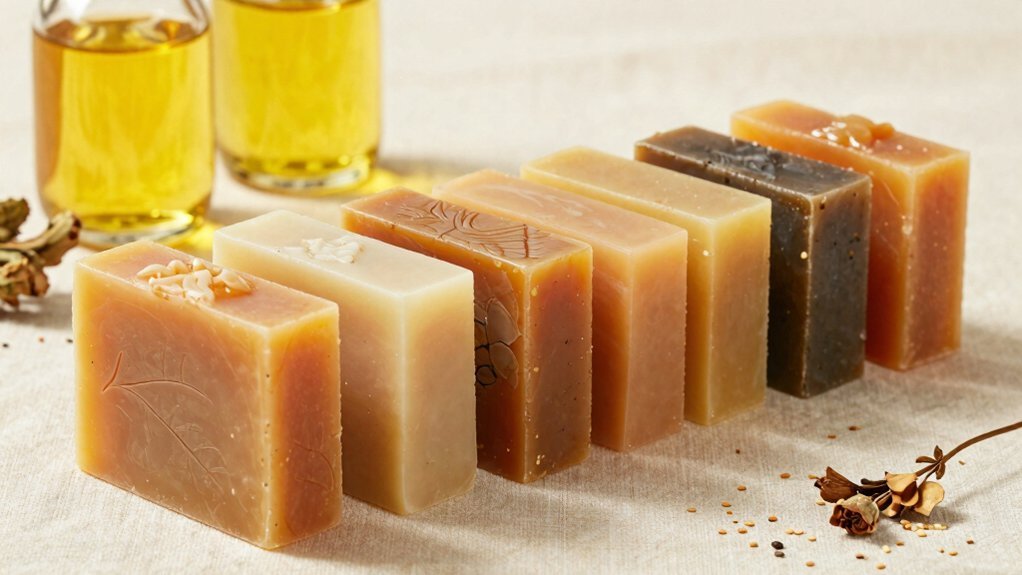
Leave a Reply